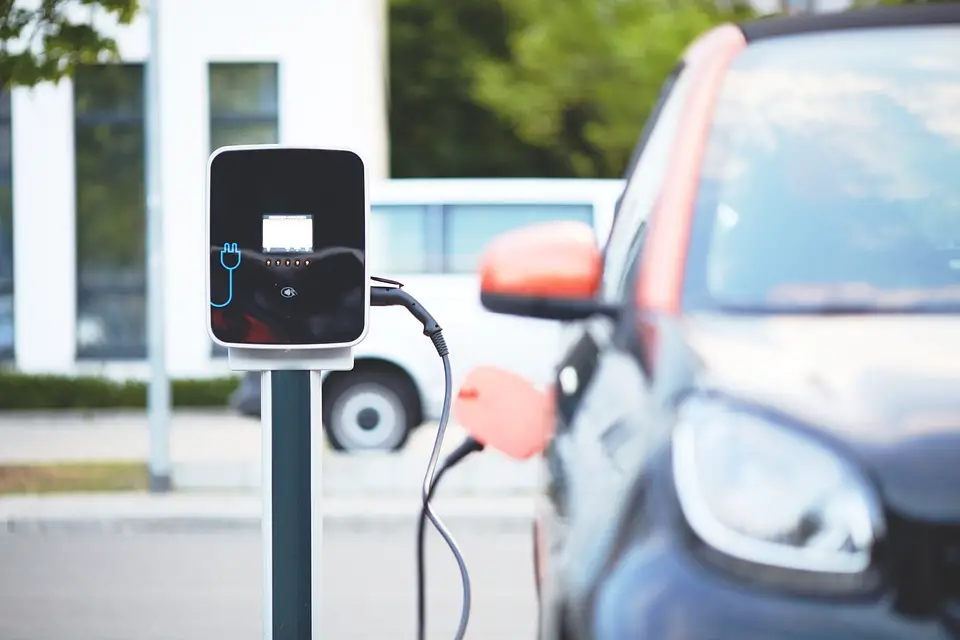As Poslovni Dnevnik writes, the previous price of 5/kWh kuna (or 0.66 euros) is no longer that price because one single kWh of electricity from public charging stations across Croatia has jumped to 8.59 kuna or 1.14 euros. The price refers to fast charging with a power of up to 150 kW, but the price is identical at charging stations that offer a power of 50 kW, according to a report from HAK.
Nevertheless, in some locations, Croatian electric car owners can still come across more favourable charging prices of 0.31 euros or 2.44 kuna, also for 50 kW DC charging. Please note that the high prices of 1.14 euros don’t apply to chargers on motorways where the prices could be higher than in populated areas. An electric care was charged in the heart of Slavonski Brod the aforementioned price. At some locations here in Zagreb, one kW is charged at 0.53 euros or 4.00 kuna (for AC 22 kW charging). Driving over more recent days on Croatian roads and through various cities, DC 50 kW charging via CCS chargers for 0.44 euros per kWh, or 3.32 kuna, were also found. A kilowatt cost the same at one charger via the CHAdeMo charger.
It is extremely important for Croatian electric car owners/drivers to really check the charging price through several different mobile applications (if they work, that is). Croatian electric car owners also have at least five or six apps available to them on their smartphones, and sometimes using a service provider’s app doesn’t guarantee you’ll get a cheaper charge somewhere. There are apps like Plugsurfing with which you can charge your vehicle at different charging stations.
At the same time, while the price of one kilowatt approaches the price of a litre of fuel, the question of the profitability of charging at public stations arises, that is, of travelling outside the place of your residence with an electric vehicle just to charge it up. If we take into account the average consumption of 15 kWh of electricity and 7 litres for thermal engines, we arrive at the following results:
Driving a section of 100 kilometres using petrol will cost you 9.31 euros or 70.15 kuna, while using a diesel-powered vehicle it will amount to 10.29 euros or 77.53 kuna. If you charge your battery at home, with the price of the night tariff standing at around 0.08 euros (about 0.60 kuna) per kWh, the 100 kilometres travelled will cost a mere 9 kuna or 1.19 euros. Charging your vehicle at a public charging station with a kilowatt price of 4 kuna (0.53 euros) will ultimately cost 60 kuna (7.96 euros). If Croatian electric car owners end up using a charger at a public station costing 8.59 kuna (1.14 euros), they’ll pay 128.85 kuna (17.10 euros) for 100 kilometres travelled.
It should be noted that the majority of Croatian electric car owners typically charge their batteries at home or at work and use charging at public chargers only as a rare alternative. This is something that can be fairly clearly seen all over Croatia and has been visible for some time now – public charging stations are usually sitting empty and the current situation with charging prices doesn’t suit anyone.
The solution is subscription models such as the Elli application, which for 7.99 euros per month (60.20 kuna) enables charging at a preferential price per kWh of 0.64 euros (on DC chargers) or 0.50 euros on AC chargers, while on Ionity chargers the price is 0.79 euros/kWh. A subscription with a price of 14.99 euros lowers the price of a kilowatt hour even more. Across Croatia, HEP and other electricity operators could offer a combined subscription that includes consumption of electricity at home and at public chargers.
For more, make sure to check out our news section.










